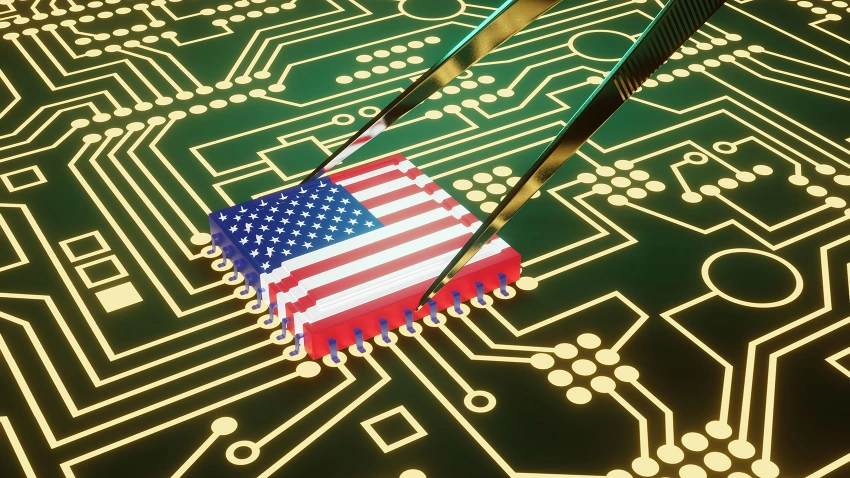Already a subscriber? Make sure to log into your account before viewing this content. You can access your account by hitting the “login” button on the top right corner. Still unable to see the content after signing in? Make sure your card on file is up-to-date.
The Trump administration has officially chipped away at Biden-era AI export controls after pushback from major US tech companies.
Some shit you should know before you read: Back when President Biden was in office, his administration introduced the AI Diffusion Rule as part of a broader effort to prevent advanced US-made artificial intelligence tech from falling into the hands of foreign adversaries. The rule, announced in the final days of his term, created a framework to control the export of high-performance AI chips. Under this system, only a select group of allied countries had unrestricted access, while over 120 nations faced strict limits or outright bans. Many say this was to slow down China’s growth, specifically in its military sector, which has been racing to integrate AI.

What’s going on now: In a notable change of course, the Commerce Department officially rescinded the AI Diffusion Rule. The rule, which was set to take effect on May 15, was criticized for being overly broad, diplomatically damaging, and a pain in the ass for US companies. In its announcement, the department said the regulation “would have stifled American innovation and saddled companies with burdensome new regulatory requirements.”
The revised approach seeks to replace the rigid, one-size-fits-all model of the Biden-era rule with more flexible, partner-specific arrangements. While details on a formal replacement have yet to be released, the department emphasized it will continue strengthening controls where necessary, particularly in cases where national security risks are clear.
In a statement, Under Secretary of Commerce for Industry and Security Jeffrey Kessler said the administration is pivoting toward a more cooperative and strategic AI export framework. He added, “The Trump Administration will pursue a bold, inclusive strategy to share American AI technology with trusted foreign countries around the world, while keeping the technology out of the hands of our adversaries.”
This comes after significant pressure from major industry players such as Nvidia, who argued that the original rule risked isolating the U.S. and undermining its competitive edge in the global AI sector.







